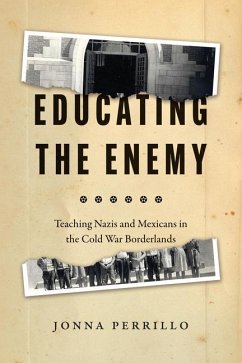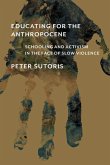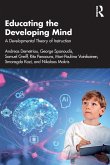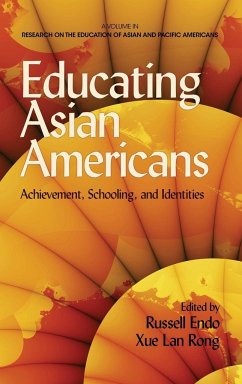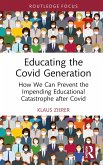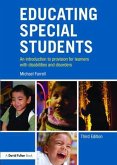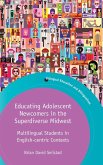"In 1945, 179 scientists for the Nazi party were recruited to build a powerful weapon for the US Army in a program named Operation Paperclip. The scientists were relocated to Fort Bliss in El Paso, Texas, with their families. From this outpost, their children were bussed daily by military police to four El Paso public schools. Though born into a fascist enemy nation, the German children were quickly integrated into the schools and, by proxy, American society through help in the form of school placements and specially arranged English classes. Their rapid assimilation served an important political purpose for the military and the state, improving the public image of Operation Paperclip, and offering evidence that American public schools played a vital role in ensuring the victory of democracy over fascism. In Educating the Enemy, Jonna Perrillo not only tells this fascinating story of Cold War educational policy, she draws an important comparison to another population of children in the El Paso public schools who received dramatically different treatment: Mexican Americans. Like everywhere else in the Southwest, Mexican children in El Paso were segregated into "Mexican" schools, as opposed to the"American" schools the German students attended. In these "Mexican" schools, children were penalized for speaking Spanish, which,because of residential segregation, was the only language all but a few spoke. They also prepared students for menial jobs that would keep them ensconced in Mexican American enclaves. From these disparate experiences, Educating the Enemy charts what two groups of children-one that might have been considered the enemy, the other that was treated as such-reveal about the ways political assimilation has been treated by schools as an easier, more viable project than racial or ethnic assimilation. It also shows how deeply schools and beliefs about schools were connected to seemingly distinct political developments, including Cold War foreign policy and diplomacy, federal power over immigration, and a growing military industry. Bridging these histories, as well as the histories of race and childhood, Perrillo uncovers the central role schools played in defining "foreignness" in a postwar international order, the Cold War dissonances between international tolerance and domestic segregation, and the influence of both military and diplomatic initiatives on American public schools"
Hinweis: Dieser Artikel kann nur an eine deutsche Lieferadresse ausgeliefert werden.
Hinweis: Dieser Artikel kann nur an eine deutsche Lieferadresse ausgeliefert werden.

